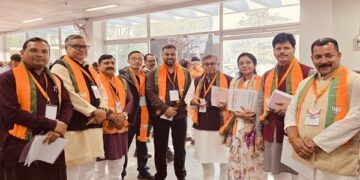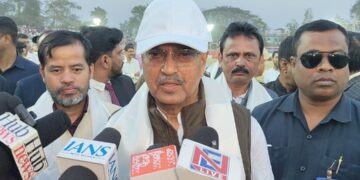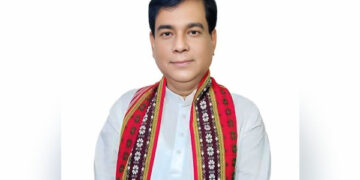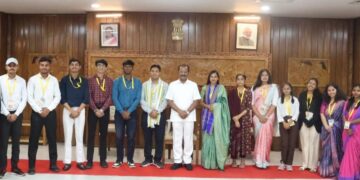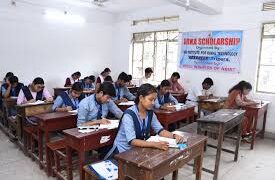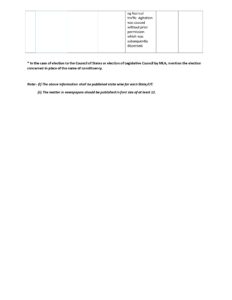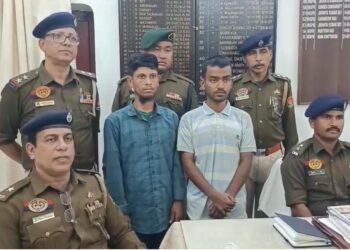Even with the Seventh Pay Commission in Tripura and last-minute 12 per cent dearness allowance, the BJP has failed to win the hearts of government teachers and employees. At least, that’s not unusual in postal ballot turnout rates. However, the postal ballot went against the BJP in the 2018 assembly elections as well. 63,480 postal ballots were collected in the twenty-third assembly elections. Out of that, 23006 votes went to BJP.
Along with EVMs, postal ballots play a significant role in winning candidates. In many cases, postal ballot votes have been found to have created a margin of victory between two candidates. However, no such precedent was seen in the twenty-third assembly elections. However, the voter turnout in postal ballots reflects the attitudes of government employees towards political parties.
According to the information received by the Election Commission, 63840 votes were collected in the postal ballot. In that, BJP got 23006 votes, Congress 5590 votes, CPM 19578 votes, Tipra Matha 14077 votes, Trinamool Congress 293 votes, NOTA 579 votes and others 717 votes. This picture makes it clear that a large number of postal ballot voters have ruled against the BJP. The most surprising thing is that the BJP got only 29 votes in the postal ballot in Takarjala constituency. Compared to that CPM got 50 votes and Tipra Matha maximum 1033 votes. Similarly, BJP got 32 votes in Asharambari constituency in postal ballot. On the other hand, CPM got 92 and Tipra Matha got 509 votes in postal ballot. In that case, BJP will have to do extra work to win the hearts of teachers and employees for the next five years.


